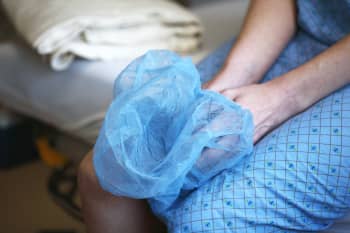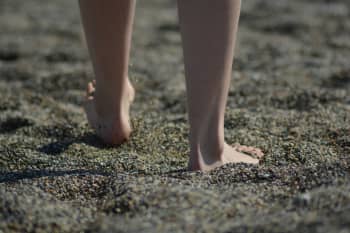Knowledge Transfer and Innovation Impacts
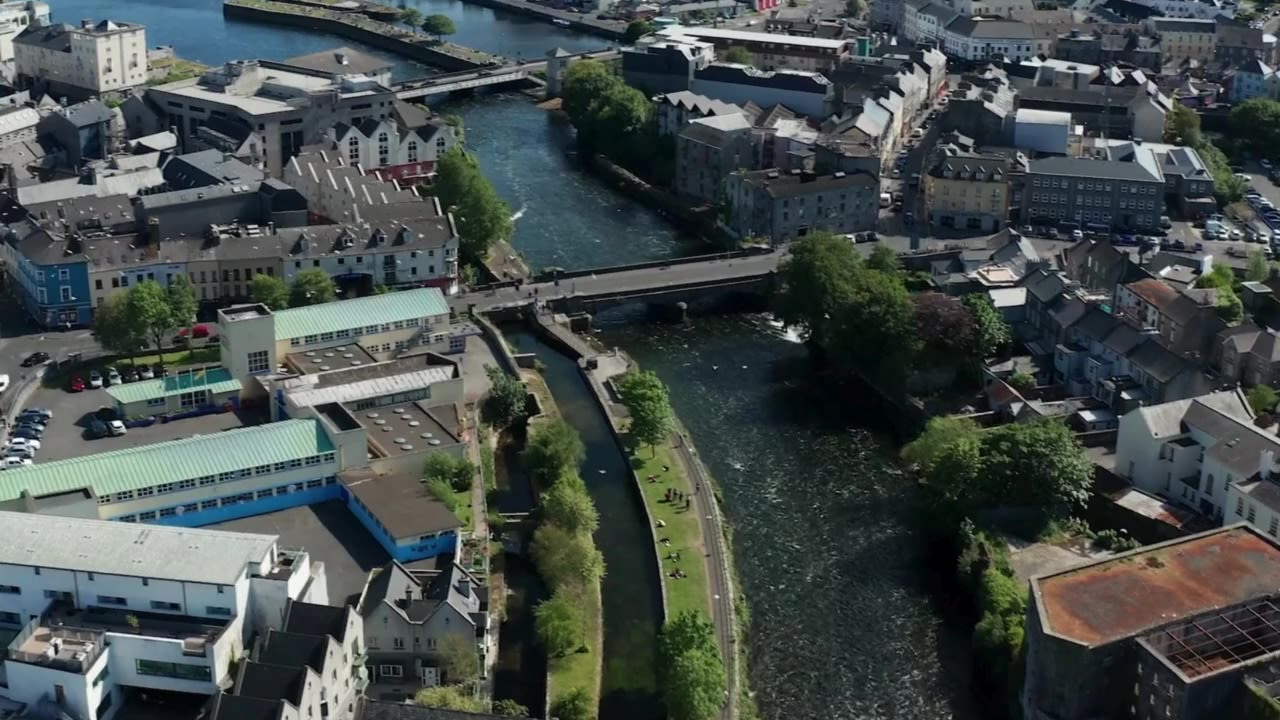
Since 2020..... 21 new spin-outs || 195 inventions || 60 licensed technologies || 243 projects with industry.
We have now supported.... >100 start-ups || €796m in grants and investments || 3,365 jobs.
It's all about impact. The Innovation Office team - using their knowledge transfer expertise - works with the research community to support the technology licensing and partnership with industry and other stakeholders. The creation of spin-out companies to turn research into societal impact is one of the core activities of our university.
Luminate Medical - innovative products to control and prevent side effects in cancer treatment
Luminate Medical is developing a series of technologies to prevent treatment side effects that require in-person monitoring, facilitate patient-led delivery of therapeutics, and monitor key adverse events during treatment. The company’s first two products focus on preventing the side effects of cancer treatment which require in-clinic monitoring.
Lilac, a wearable set of gloves and boots, is designed to prevent peripheral nerve damage in the hands and feet of cancer patients – a debilitating condition that requires frequent in-person monitoring of patients. Meanwhile, Lily, a wearable cap-like device designed to be worn during chemotherapy, allows patients to prevent hair loss caused by chemotherapy. In addition to these initial products, the team has begun the development of a novel system, Lotus, designed to enable at-home administration of low-risk anti-cancer drugs by patients.
Luminate was founded in 2018 by Aaron Hannon, Dr Barbara Oliveira and Professor Martin O’Halloran when the group were working as medical device researchers at the University of Galway in Ireland. Headquartered until recently at the University’s Business Innovation Centre, the team has since grown to over 33 people employed in the US, Ireland, and Georgia.
With successful first-in-patient clinical trials results in hand, a Series A funding round announced in September 2024 brings the University of Galway spin-out’s total funding to over $25 million to date, including grant funding from Europe’s EIC Accelerator and Enterprise Ireland’s Disruptive Technology Innovation Fund as well as investment.
More info Luminate
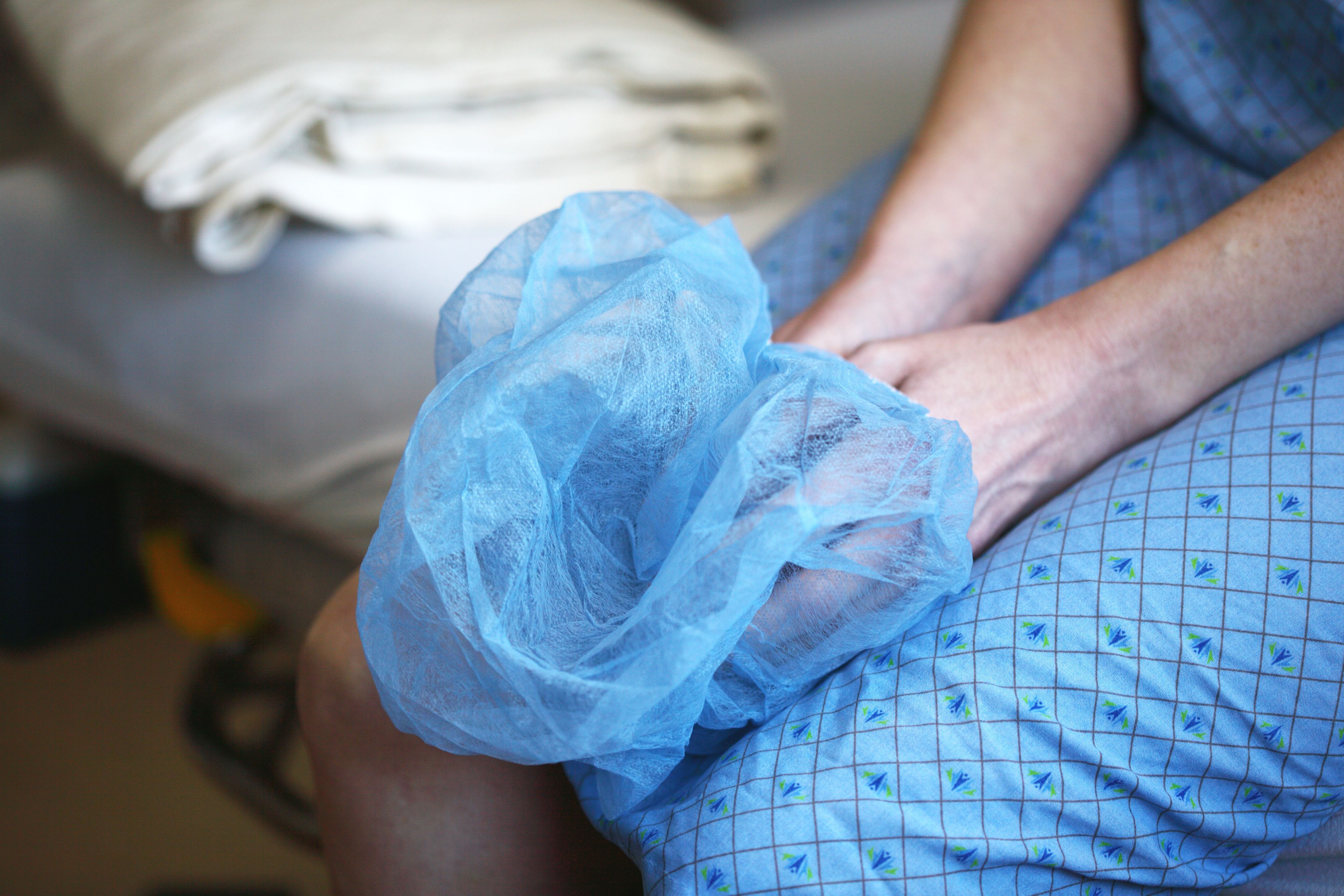
Loci Orthopaedics: Revolutionising thumb arthritis treatment
Spin-out Loci Orthopaedics is bringing to market the InDx Implant System which aims to transform the lives of patients with thumb base joint arthritis by restoring natural motion and addressing limitations of current thumb implants. Thumb base joint arthritis is a highly and increasingly prevalent condition, which is estimated to actively affect up to 5% of the US and EU population and 100 million people worldwide.
The company has successful closed a €12.8 million Series A financing round, bringing the total amount rising in grant and equity financing to over €22 millionSee more information at www.lociorthopaedics.com. This funding will drive future growth, expand clinical programs, and support regulatory submissions in the US and EU and an expansion of the team in Galway to over 30 employees.
Loci Orthopaedics was founded by Gerry Clarke and Dr Brendan Boland, both BioInnovate alumni, as a concurrent spin-out from the University of Galway (Ireland), University College Cork (Ireland) and KU Leuven (Belgium). Visit www.lociorthopaedics.com for more.
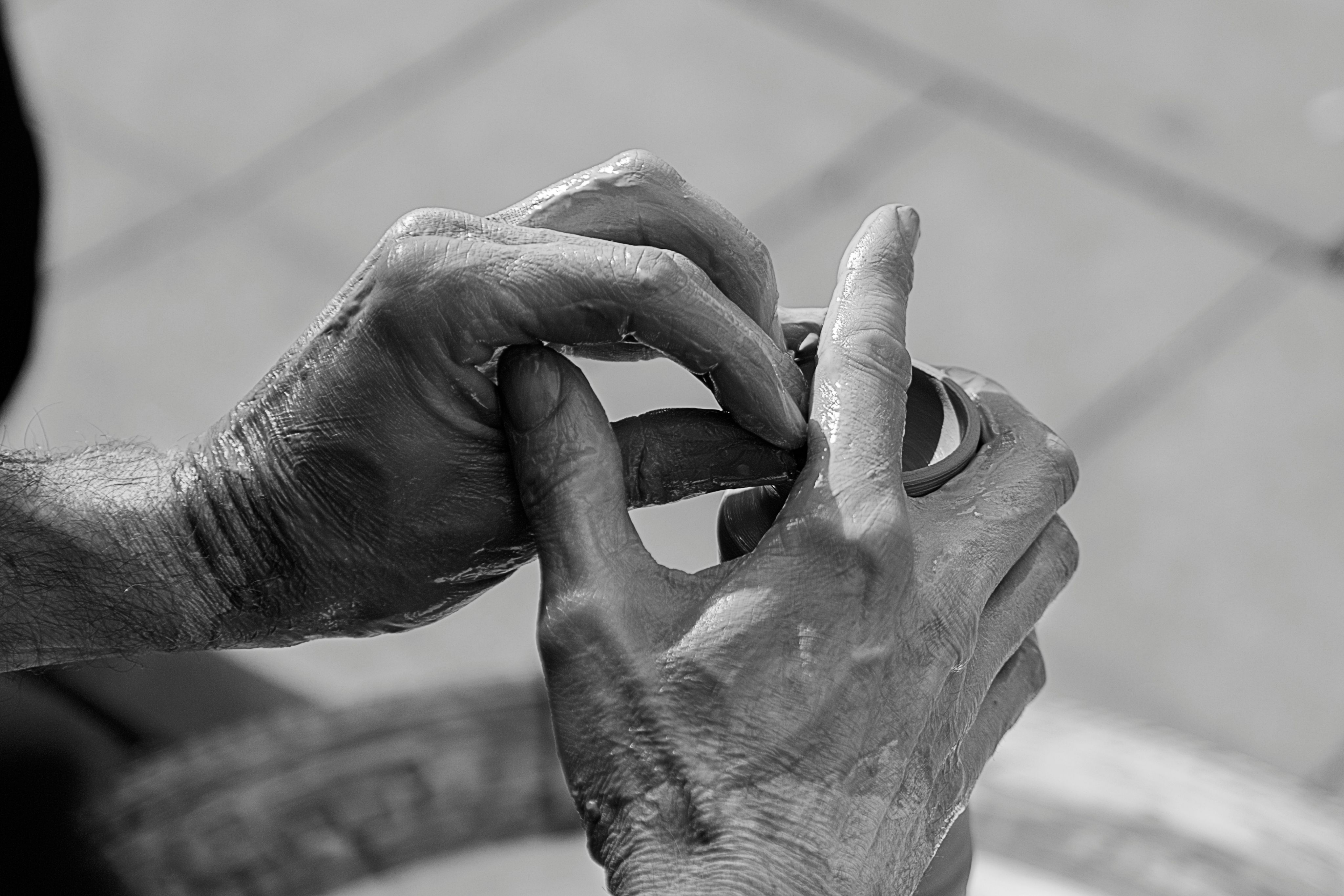
Treating patients with rhinitis
Neurent Medical is developing a new-to-world, medical device led procedure to treat patients with rhinitis, the fifth most common chronic disease in the US and the most common chronic disease in children. Rhinitis is an inflammatory disease of the nose leading to congestion and severe runny nose, which effects up to 40% of the population. Treatments until now have included long-term medication or surgery.
Neurent Medical was founded by CEO Brian Shields and CTO David Townley, culminating from their work at the BioInnovate Ireland program at University of Galway. Having identified an unmet clinical need in treating rhinitis, the team developed new technology with support of the Enterprise Ireland Commercialisation Fund. This, in turn, has led to the development of a single-use device that delivers targeted energy to impact the neural function, interrupting the inflammatory cascade, with the aim of delivering long-term relief to patients. The procedure will be performed with local anesthetic only, removing huge unnecessary spend for the healthcare system.
The Innovation Office at University of Galway has supported the project through from idea conception, invention disclosure, funding application, project implementation, IP management and patent protection, and through company formation and licensing the technology from the university. Neurent Medical continues to work closely with University of Galway and has funded a research programme with the CÚRAM research centre at University of Galway.
In 2026, Neurent Medical closed a €62.5m oversubscribed Series C round. MVM Partners led the funding round, with “significant” participation from Sofinnova Partners, while further funding came from existing investors EQT Life Sciences, Atlantic Bridge, Fountain Healthcare Partners and Enterprise Ireland.

VorTech Water Solutions - Sustainable solutions for water challenges
VorTech Water Solutions address the world’s leading water and wastewater challenges by developing and delivering innovative, cost effective solutions that make a real difference towards improving the sustainability of the industry.
Founded in 2019 VorTech Water Solutions Ltd. is a spin-out from the National University of Ireland, Galway. Our core products which focus on aeration, mixing and hydropower (designed using the principles of fluid dynamics) with focus on sustainability have garnered international interest with a number of municipal, industrial and aquaculture players.
The company has a unique collection of combined deep technology expertise in areas such as vortex fluid dynamics, hydraulics, energy efficiency, wastewater process and control, biochemistry, sustainable product design, commercial scaling and energy finance.
video about vortech

Xtremedy Medical - treating diabetic foot conditions
Galway-based spinout Xtremedy Medical is currently raising seed funding to start clinical trials for its novel medical device that aims to treat diabetic foot infections. Lyn Markey and Camille O’Malley first met at the BioInnovate Ireland fellowship programme in 2018 as part of the orthopaedics team, before going on to found the spinout in 2020. During this time, the duo witnessed traumatic experiences among patients undergoing months of ineffective therapy to control post-surgical infections.
Finishing the programme, Markey and O’Malley funnelled these concerns and learnings into Xtremedy Medical – a MedTech spinout aimed at developing a medical device and platform technology to treat infection wounds using the pulsed field ablation (PFA) method. They key to this technology’s effectiveness is the dual ability to reduce the bacterial burden (stimulating healing) and improve antibiotic uptake. A winner of Enterprise Ireland’s Big Ideas 2021 showcase, Xtremedy now estimates a market opportunity of up to €5bn and regulatory approval by 2028. These successes will contribute to the support of thousands of patients across the US and Europe and the prevention of avoidable post-surgical disabilities.
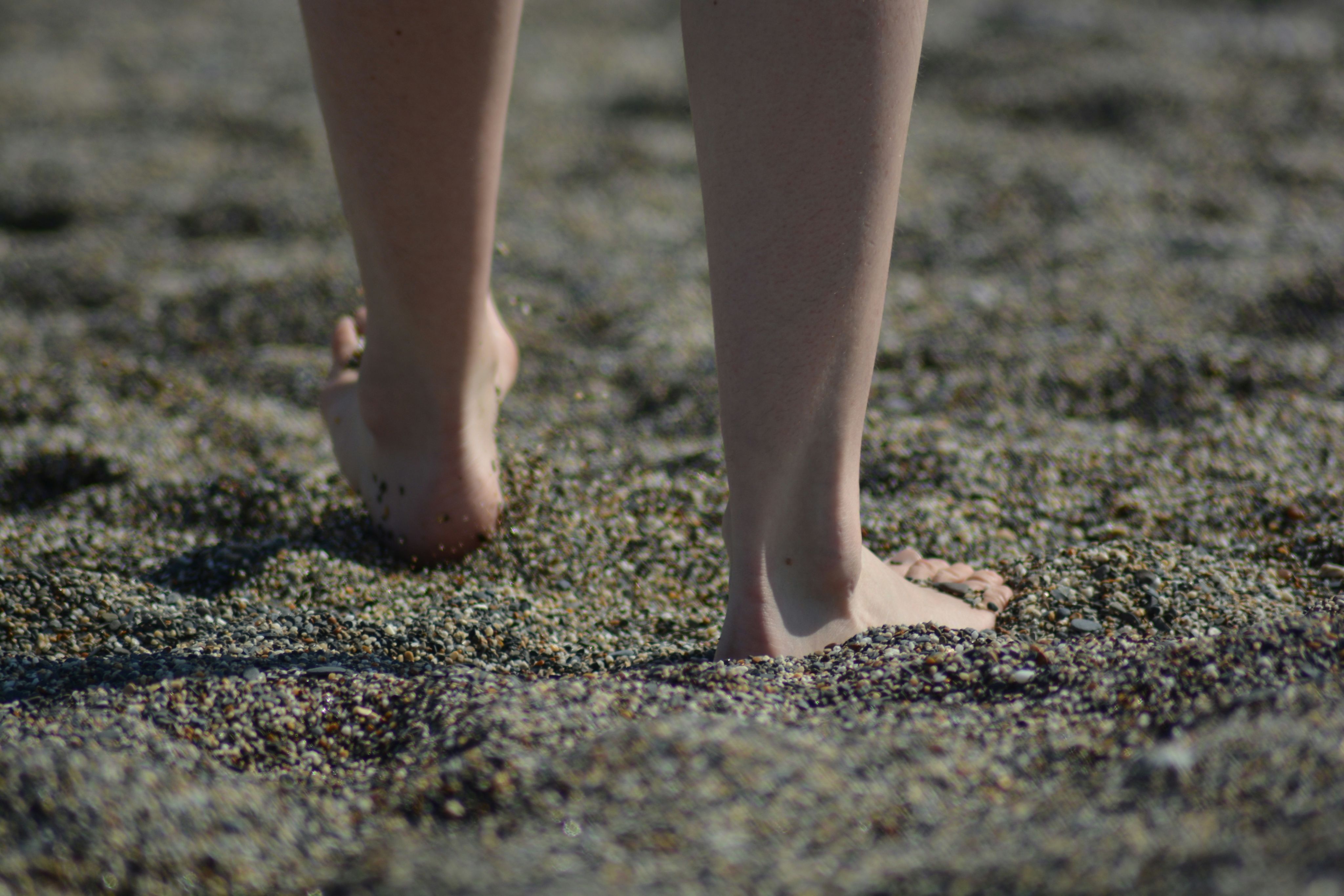
Collaborative research to help athletes
Orreco works with coaching, performance and medical staff to make sense of player and athlete data. Using biomarkers and data science Orreco identifies an athlete's individual thresholds and provides personalized strategies to keep athletes in their peak performance zones.
Through their University of Galway Insight partnership, Professor John Newell leads Orreco’s Data Science division who develop and apply computationally intensive statistical and machine learning methods to model injury occurrence and identify optimal training loads.
"We have a great research partnership with the Insight Centre for Data Analytics at University of Galway...it is this grounding in research and best practice that drives the development of our elite athlete products and services."

Solutions for high-stakes evaluation-based exams.
Qpercom has become a global leader in providing advanced assessment solutions and expertise to institutions worldwide.
Its software solutions are used in high stakes evaluation-based exams, such those of medicine and law, and in other scenarios where assessing a person’s capabilities in a fair and accurate manner is paramount. Qpercom claims 70% reduction in administration time and elimination of human error by taking out the laborious paper trail.
A 2008 spin-out from University of Galway, Qpercom took a licence to copyright-protected material and know-how relating to Management Information Systems (MIS) technology and in 2017 launched a new product to market, Qpercom Entrust, based on this licence. It is an Entrustable Professional Activity (EPA) management software tool across mobile and web-based platform and was created and rolled out in the College of Anaesthetists of Ireland (CAI). An EPA is a key task of a discipline that an individual can be trusted to perform in a given health care context, once sufficient competence has been demonstrated. Until the new software tool was launched, EPAs were paper-based and inaccessible to educationalists, registrars and consultants.
The Innovation Office at University of Galway led the licence negotiation and has been pro-active in supporting from early days of technology development through to housing the company in the university incubator facility.

Treatment for thrombosis patients
Vetex spun out from University of Galway in 2015 to develop technology to address the needs identified in the management of venous clots. In December 2020, Vetex reached a major milestone in gaining FDA regulatory approval for its clot removal product ‘ReVene’. The company was acquired by global company Surmodics Inc in a deal worth almost €40m in 2021 that is set to expand Vetex company operations in the Galway area.
The Innovation Office at University of Galway supported the company from the outset, managing the licensing process that originally spun out the company and supporting Vetex in protecting its intellectual property to help establish a strong patent portfolio. The team also helped the company in applying for funding and investment and has provided practical support in helping to find the appropriate lab and office space at the University of Galway Business Innovation Centre.
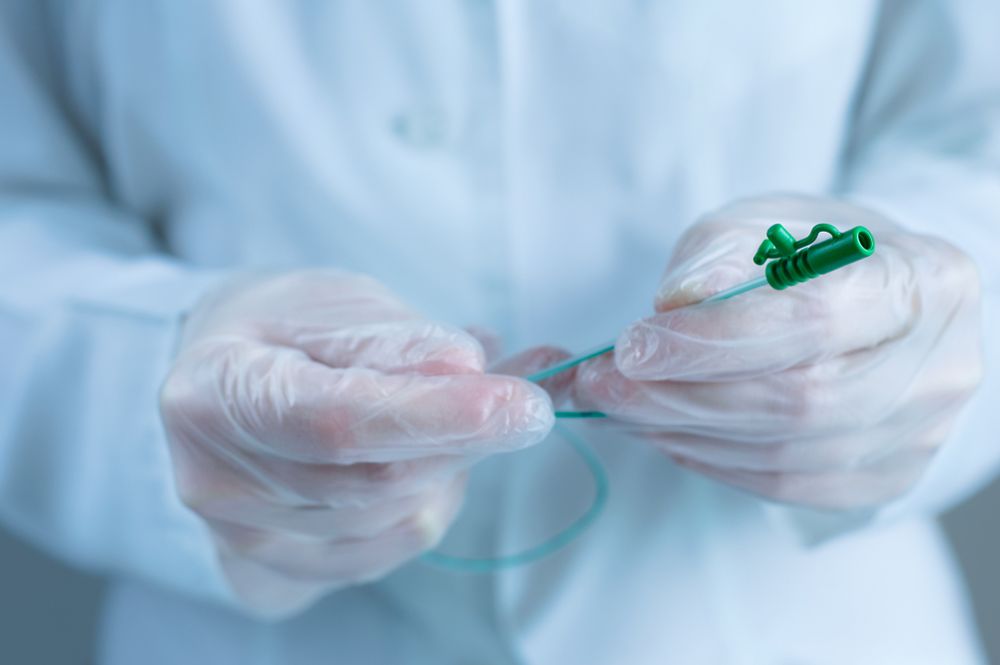
Feeltect - wound care using connected-health
Getting their start through the University’s esteemed BioInnovate Ireland programme, Feeltect launched in 2019. The Galway-based spinout’s mission is to disrupt the field of wound care, developing connected-health solutions towards safety, efficacy and empowerment.
Venous leg ulcers affect 11.5 million people globally each year. Compression therapy, the golden standard treatment for these chronic wounds, faces a vast number of challenges in meeting the individual factors of each patient’s healing process. Feeltect’s vision is to see every wound care patient receiving individualised, optimized treatment, specific to their clinical and user needs.
The spinout’s pioneering technology, ‘Tightalright’ is the first of its kind, a pressure-sensing wearable device that has the potential to maximise the rate of healing with minimal disruption to quality of life, all the while alleviating healthcare systems of the burden of wound care challenges. Additionally, a digital platform monitors technologies to capture detailed data on wound healing, informing improvements in the future.
More here Feeltect


